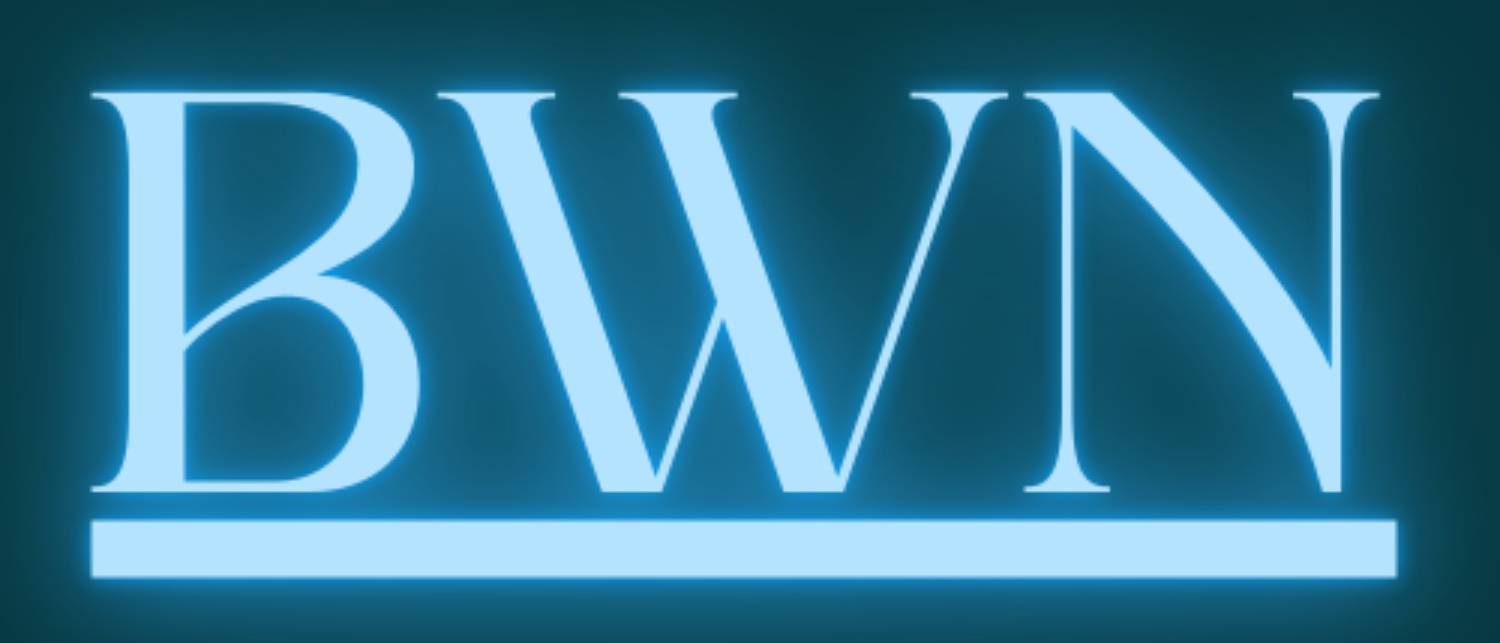Welcome Your New Puppy: The Cutest Essential Training Guide
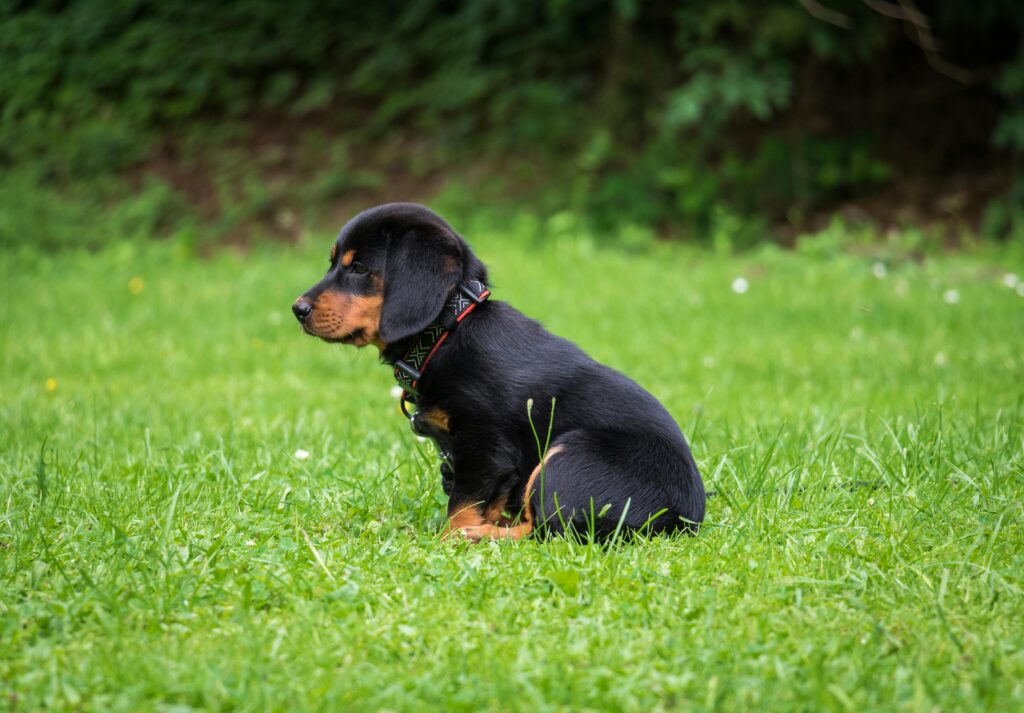
Bringing a puppy home is a joyful occasion. This adorable bundle of fur will soon become a cherished family member. However, proper training is essential for both your puppy and your family. Early training leads to a well-behaved adult dog. Let’s embark on this exciting journey together! Enjoy The Cutest Puppy Training Guide
The Importance of Early Training
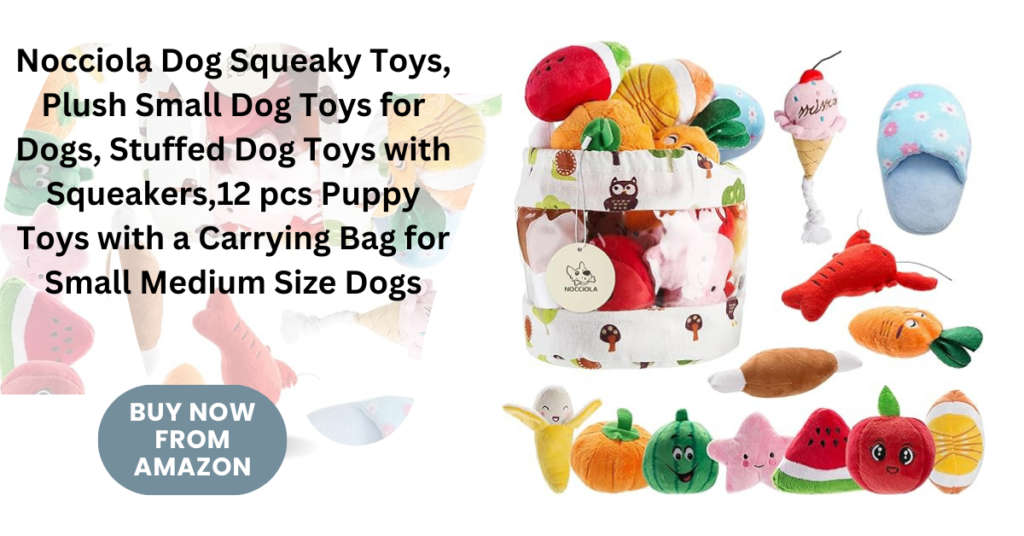
Starting training early is crucial. Puppies thrive on routine, much like humans. A predictable schedule helps them feel secure. It also boosts their confidence, making them more adaptable to new experiences. By establishing a training routine, your puppy will eagerly anticipate learning. This enthusiasm fosters a positive environment for growth.
A Comprehensive Puppy Training Schedule
Here’s a breakdown of a training schedule by age. Following this guide will help you train your puppy effectively.
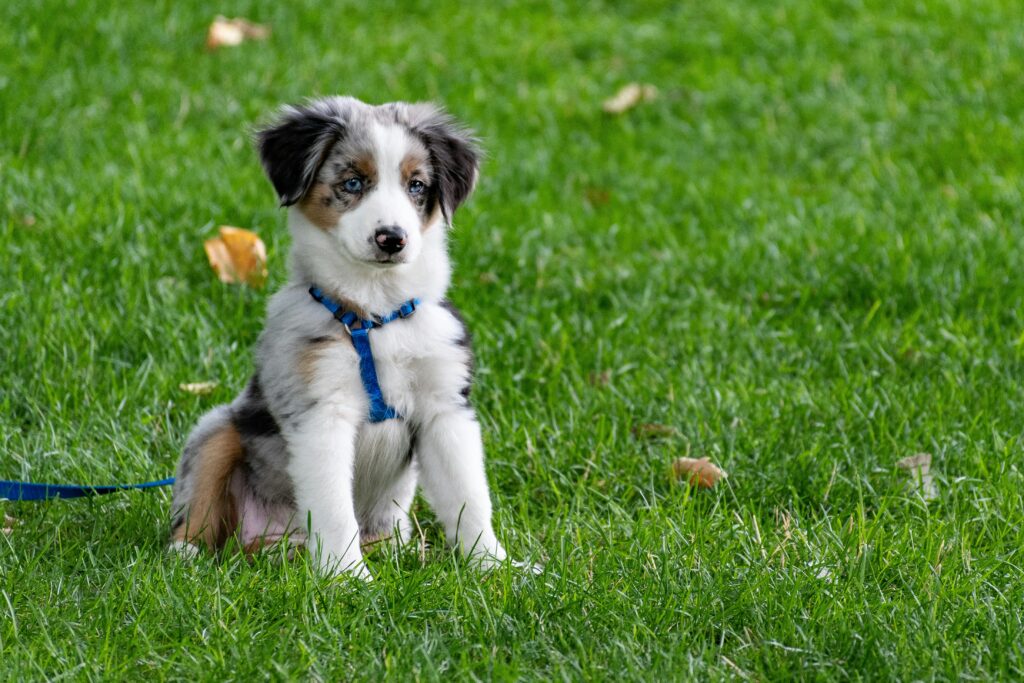
Weeks 1-2: The Basics
At 8-16 weeks, your puppy is a blank slate. Begin with basic commands like “Sit” and “Come.” Socialization is vital during this stage. Introduce your puppy to family members and friendly pets. It helps prevent fear and aggression later.
Potty training should start immediately. Create a consistent potty schedule to teach your puppy where to go. Crate training is also beneficial. It speeds up housebreaking and reduces separation anxiety.
Focus areas during this period include:
- Basic obedience commands
- Socializing with family and friends
- Redirecting chewing with appropriate toys
- Understanding that bathroom breaks happen outside
Remember, never punish your puppy for mistakes. Positive reinforcement is far more effective. Praise and treats encourage good behavior.
Weeks 3-4: Building on Basics
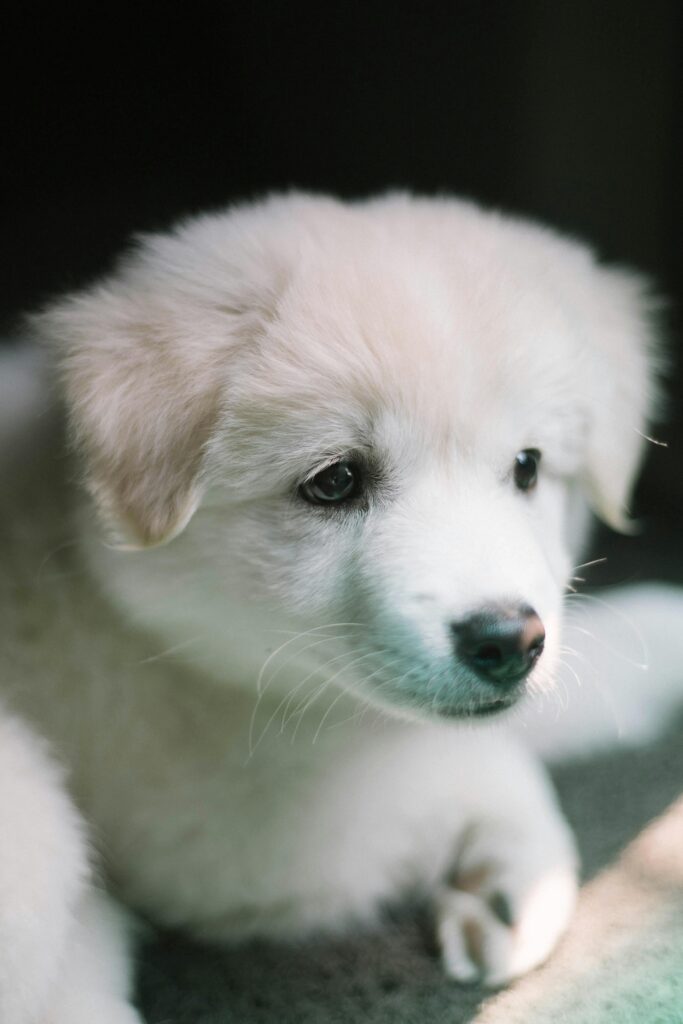
After two weeks, it’s time to expand your puppy’s skills. Continue practicing commands like “Sit” and “Come.” Introduce new commands such as “Stay” and “Down.” Consistency is key for reinforcement.
Leash training is also essential. Introduce the leash and let your puppy adjust. Start short walks and reward them for good behavior. Correct pulling gently but firmly.
At this stage, introduce bite inhibition training. When your puppy bites too hard, say “ouch” and pause playtime. This teaches them control and appropriate play behavior.
Weeks 5-6: Advanced Training
By now, your puppy should be familiar with basic commands. Regular practice reinforces these skills. Introduce more advanced commands like “Down” and “Leave it.” Teaching good manners is also crucial.
At this stage, discourage jumping on people and excessive barking. Reward your puppy for calm behavior. Positive reinforcement remains essential.
Weeks 7-8: Refining Skills
As your puppy approaches two months, continue reinforcing learned commands. Introduce advanced leash training. Expose your puppy to distractions during walks, like other dogs and people. Practice commands in various environments.
Socializing your puppy in public settings is important. Take them to parks and cafes. Make sure they feel comfortable in new surroundings.
Weeks 9-10: Agility and Focus
By now, your puppy should respond consistently to commands. Introduce basic agility training. Activities like jumping over hurdles and weaving through poles are fun and beneficial. They enhance coordination and confidence.
Focus on refining obedience in distracting environments. Introduce more complex commands to challenge your puppy.
Weeks 11-12: Trick Training and Problem Solving

Continue agility training and introduce fun tricks. Teach commands like “Shake hands” or “Roll over.” Problem-solving exercises, like hiding treats, are also valuable. They prevent boredom and destructive behavior.
Weeks 13-14: Mastery of Skills
Now, you can refine agility training. Ensure your puppy excels at jumping, running, and navigating obstacles. Start introducing obedience competition training. This enhances teamwork and communication.
Weeks 15-16: Final Review
As your training journey nears completion, review all commands and skills. Pay attention to areas needing improvement. Your puppy should now confidently perform commands in various settings.
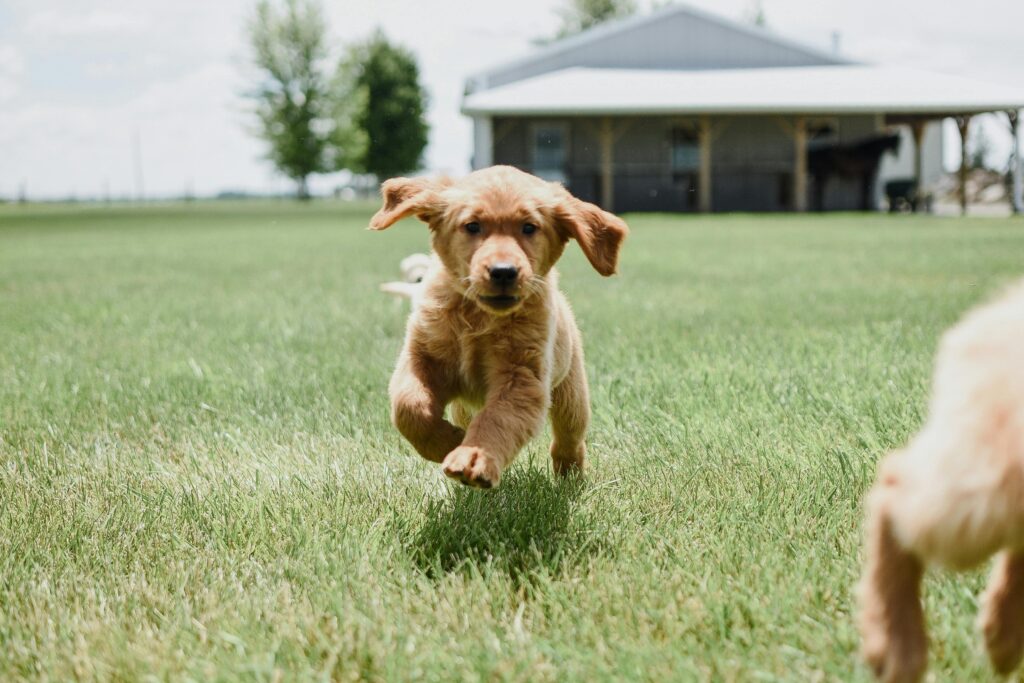
Training Goals by 6 and 12 Months
By six months, your puppy should master basic obedience, toilet training, and socialization. Check for skills like “Sit,” “Stay,” and “Come.” Successful toilet training means your puppy can hold its bladder and go outside.
At twelve months, advanced obedience should be second nature. Your puppy should respond to commands in distracting environments. They should also display controlled behavior in public.
Conclusion: The Rewarding Journey of Training
Training your puppy is essential for their development. With patience and consistency, you will raise a well-behaved adult dog. Enjoy the bonding experience that training provides to you.
Don’t forget the importance of nutrition. A balanced diet supports growth and development. Your puppy deserves the best, so ensure they receive love and care throughout this journey.
This journey may be challenging, but the rewards are worth it. You are laying the foundation for a happy, fulfilling life with your new family member. Embrace the challenges and celebrate the milestones. Your puppy is counting on you!

